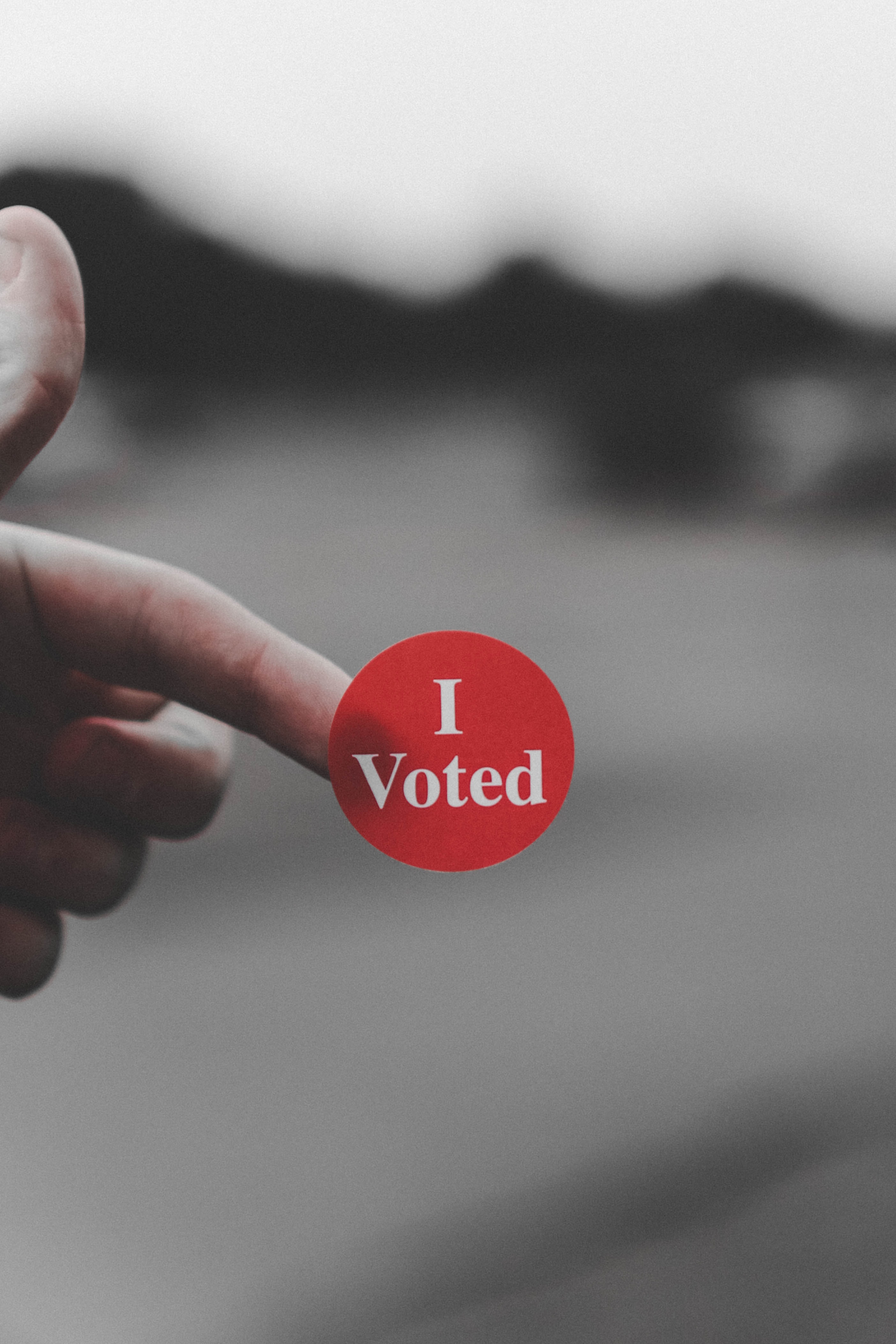
403
Sorry!!
Error! We're sorry, but the page you were
looking for doesn't exist.
Presidential elections loom just two weeks away
(MENAFN) As the presidential elections loom just two weeks away, U.S. authorities have made noteworthy progress in detecting and countering foreign attempts to manipulate the electoral process through artificial intelligence. Jake Sullivan, the White House National Security Advisor, highlighted these advancements but also cautioned that there remains much work to be done to address all potential threats effectively.
Sullivan shared his insights during a speech at the National Defense University in Washington, where he stressed the critical need to secure supply chains for electronic chips essential for AI technologies. He emphasized that protecting these key components from adversaries is crucial to maintaining national security.
In light of these concerns, U.S. officials have released a new directive urging various government departments and agencies to expedite their integration of AI while also safeguarding against the risks that come with the technology. Patrick Tucker, the technology editor for Defense One and a specialist in artificial intelligence, referred to this directive as "historic." He pointed out that it capitalizes on the competitive edge the U.S. possesses due to its leading domestic AI firms.
Moreover, Tucker noted the significant interest the U.S. military has in artificial intelligence, having long adhered to ethical guidelines for its application. He remarked that the new document also explores how sophisticated AI tools can be utilized for intelligence gathering, thereby helping the U.S. sustain its advantage over global competitors such as China.
While foreign interference in U.S. elections remains a pressing issue, Tucker acknowledged that there is an active initiative to develop AI systems tailored to further the United States' national interests. This initiative is supported by President Joe Biden's recent endorsement of the directive, which mandates various security and military agencies to deploy the latest AI technologies to tackle a growing spectrum of threats, including numerous forms of cyberattacks.
As the election date nears, the convergence of national security and technological innovation underscores an urgent need for vigilance and proactive strategies to ensure the electoral process remains secure and trustworthy.
Sullivan shared his insights during a speech at the National Defense University in Washington, where he stressed the critical need to secure supply chains for electronic chips essential for AI technologies. He emphasized that protecting these key components from adversaries is crucial to maintaining national security.
In light of these concerns, U.S. officials have released a new directive urging various government departments and agencies to expedite their integration of AI while also safeguarding against the risks that come with the technology. Patrick Tucker, the technology editor for Defense One and a specialist in artificial intelligence, referred to this directive as "historic." He pointed out that it capitalizes on the competitive edge the U.S. possesses due to its leading domestic AI firms.
Moreover, Tucker noted the significant interest the U.S. military has in artificial intelligence, having long adhered to ethical guidelines for its application. He remarked that the new document also explores how sophisticated AI tools can be utilized for intelligence gathering, thereby helping the U.S. sustain its advantage over global competitors such as China.
While foreign interference in U.S. elections remains a pressing issue, Tucker acknowledged that there is an active initiative to develop AI systems tailored to further the United States' national interests. This initiative is supported by President Joe Biden's recent endorsement of the directive, which mandates various security and military agencies to deploy the latest AI technologies to tackle a growing spectrum of threats, including numerous forms of cyberattacks.
As the election date nears, the convergence of national security and technological innovation underscores an urgent need for vigilance and proactive strategies to ensure the electoral process remains secure and trustworthy.

Legal Disclaimer:
MENAFN provides the information “as is” without warranty of any kind. We do not accept any responsibility or liability for the accuracy, content, images, videos, licenses, completeness, legality, or reliability of the information contained in this article. If you have any complaints or copyright issues related to this article, kindly contact the provider above.






















Comments
No comment